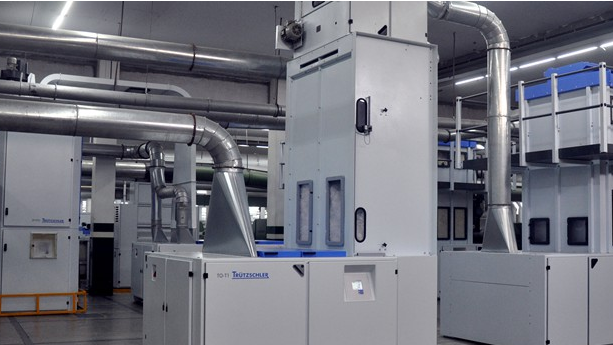Turkish Additional Duties Set Back Asian Textile Exports
The imposition of additional duties on imports of textiles and apparel, among other things, means that companies from Asian countries like India or China that export to Turkey now face cumulative duties of 28 per cent for textiles and 42 per cent for apparel. For EU exporters and for exporters from countries with whom Turkey has free trade agreements, the situation is different. Jozef De Coster reports on the disputes.
During a conference in Brussels, on February 23, 2016, specialised European law firms made it clear that the Turkish additional duties on the imports of textile, apparel and an increasing number of other products like carpets, rugs, bedding, leather bags, are illegal. These duties are in breach of WTO rules and, as far as Turkish imports of EU and Euro-Mediterranean products are concerned, they are also in breach of the EU-Turkey Customs Union. It can only be a question of time before complainants sue Turkey and force it to clean up its act.
In 2011, following a safeguard investigation which was triggered by a textiles firm alleging that it was suffering serious injury caused by a significant increase of imports, Turkish authorities announced a series of decisions, published in the Turkish Official Gazette No 28055 of September 15, 2011. They imposed additional customs duties for woven fabrics and apparel (HS codes 50 to 62). Depending on the country of origin for textiles imported into Turkey, the additional customs duties varied from 11 per cent (for LDC and GSP countries) to 20 per cent (for countries subjected to MFN rates). For apparel, the additional duties varied from 17 per cent (for LDC and GSP countries) to 30 per cent.
Taking into account the Turkish Most Favoured Nation (MFN) rate of 8 per cent for textiles and 12 per cent for apparel, this means that companies from Asian countries like India or China that export to Turkey face cumulative duties of 28 per cent for textiles and 42 per cent for apparel. These are quite high import duties for companies that have to compete with Turkish companies operating in their home market. The Turkish textiles/apparel sector is one of the most competitive worldwide.
Imports from Asia suffer most
For EU exporters and for exporters from countries with whom Turkey has free trade agreements, the situation is different. In a decision dated June 1, 2012, the Turkish authorities confirmed that additional duties are not charged to goods originating in the Pan-Euro- Mediterranean area (practically EU EFTA plus those 17 countries with whom Turkey has a preferential trade agreement). This was an important confirmation for exporters concerned. Turkey is surely an interesting market for EU exporters. According to the Textile and Clothing Information Centre, quoted by the European Apparel and Textile Confederation (Euratex), in 2015 EU textile exports to Turkey amounted to €1.8 billion (increase of 4 per cent compared to 2014) while EU apparel exports reached €900 million

Leave a Reply
You must be logged in to post a comment.